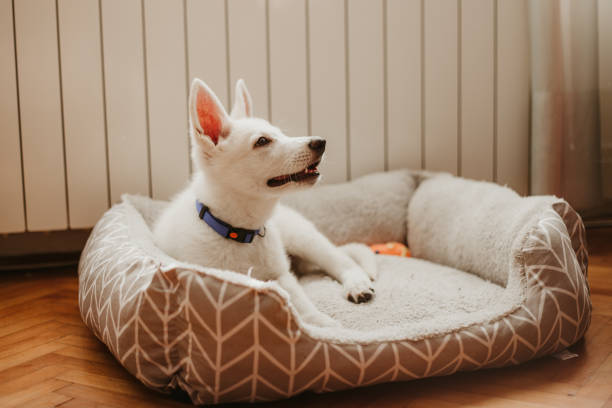Selecting a Litter Box for Senior Citizen Cats: Convenience and Accessibility
Wiki Article

Cats are precious companions in countless households worldwide, and part of the duty of feline ownership involves selecting the ideal litter and litter box that suits both the needs of our feline good friends and our own. With a myriad of options offered, browsing through the options can be frustrating. This guide aims to simplify that process, offering you with whatever you require to know about cat litter, litter boxes, and systems.
The initial step in feline care is picking the ideal cat litter. Alternatives range from clumping, non-clumping, silica gel, natural, and organic varieties. Clumping litter is popular for its ease of cleansing, while non-clumping litter is frequently more affordable and still reliable. Natural and organic litters provide environmentally friendly alternatives however can differ in their absorbency and smell control abilities.
Modern feline owners can pick from a range of litter box systems, consisting of automated and self-cleaning models that offer convenience and reduced maintenance. These systems can be a significant investment but are worth considering for those with busy lifestyles.
Eco-conscious cat owners have numerous alternatives, consisting of eco-friendly and flushable feline litters that decrease ecological effect. Nevertheless, it is essential to stabilize convenience with environmental concerns, as some flushable litters may not be suitable for all pipes systems.
Correct training is necessary, specifically for kittycats or felines transitioning to a new type of litter or box. Consistency and perseverance are crucial. Routine cleaning and maintenance of the litter box are crucial for the health and wellness of your feline, in addition to for odor control in your house.
The benefits and drawbacks of various types of cat litter are huge. Silica gel litter is extremely absorbent and long-lasting but can be more expensive. Natural litters, while much safer for the environment, may not control smells as efficiently as synthetic options. Understanding the particular requirements of your cat and your choices for upkeep can help in making the best option.
When selecting a litter box, consider the size, shape, and design that will finest suit your feline. Some felines prefer open boxes, while others like the personal privacy of a covered box. Senior cats and kittens might need boxes with lower sides for simple gain access to.
Odor control is a significant issue for many feline owners. Choosing the ideal kind of litter, regular cleansing, and using accessories like smell eliminators and litter mats can assist keep your home smelling fresh.
The health monitoring litters available today can signal owners to prospective health issues by altering color in response to modifications in pH or the presence of blood. In addition, the environmental effect of cat litter is an important factor to consider, with many owners deciding for naturally degradable or recycled options.
Picking the ideal cat litter, litter box, and maintenance regimen is important for the health and joy of your cat, along with for keeping a clean and odor-free home. By thinking about the needs of your feline and the useful aspects of litter and litter box upkeep, you can create a comfy and sanitary environment for your furry friend.
How typically should I change my feline's litter? It depends upon the type of litter you're utilizing and the number of felines utilize the box. Clumping litter must be scooped daily, with the entire box changed every 2-4 weeks. Non-clumping litter frequently needs more frequent changes.
Are automated litter boxes worth cat litter box automatic the financial investment? Choosing the best cat litter, litter box, and upkeep routine is vital for the health and happiness of your cat, along with for keeping a tidy and odor-free home. By considering the needs of your cat and the useful aspects of litter and litter box upkeep, you can create a comfortable and sanitary environment for your furry good friend. For many, the convenience and lowered maintenance of automated litter boxes make them a rewarding investment. However, some felines might hesitate of them, so it's not a one-size-fits-all option.
Can diet plan affect litter box odor? Yes, a cat's diet can considerably affect the smell of their waste. Premium, easily absorbable foods tend cat litter box to produce cat litter less foul-smelling waste.
By understanding the large world of cat litter, litter boxes, and systems, you're well on your way to providing a clean, comfy, and sustainable environment for your feline.
Choosing the right cat litter, litter box, and maintenance regimen is essential for the health and happiness of your cat, along with for keeping a tidy and odor-free home. By considering the needs of your cat and the practical aspects of litter and litter box maintenance, you can produce a comfy and sanitary environment for your furry good friend.